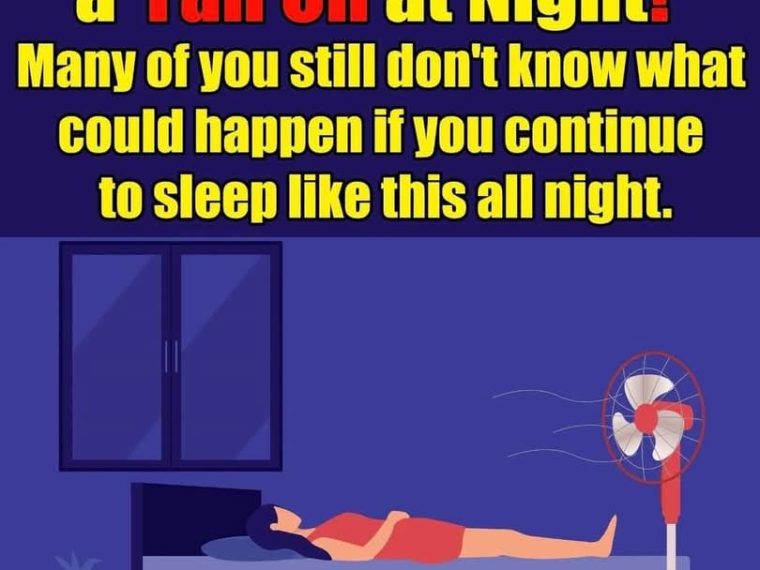The Surprising Health Benefits of Sleeping in a Cold Room
Why Temperature Matters
Many people underestimate the role room temperature plays in getting a good night’s sleep. Your body follows a natural circadian rhythm, and one of its key triggers is a drop in body temperature. When your bedroom is too warm, this process is disrupted — leaving you tossing and turning.
The optimal temperature for most people to sleep soundly? Between 60°F and 67°F (16°C to 19°C).
✅ 1. You Fall Asleep Faster
Your body needs to cool down to initiate sleep, and a cold room helps this process happen more quickly and naturally. When your surroundings are cooler, it signals to your brain that it’s time to rest, leading to faster sleep onset.
✅ 2. Deeper, More Restorative Sleep
Studies have shown that sleeping in a cooler environment encourages longer periods of deep sleep (slow-wave sleep), which is critical for physical recovery, memory, and emotional regulation.
3. It May Boost Metabolism and Weight Loss
A cold room can stimulate brown fat, a healthy type of fat that burns calories to generate heat. This means your body might burn more energy at night simply trying to stay warm — even while you sleep!
✅ 4. Better Skin and Anti-Aging Benefits
Hot rooms can lead to night sweats, which dehydrate your skin and worsen acne or irritation. Cooler rooms, on the other hand, can help you retain moisture, avoid inflammation, and even slow the aging process by promoting the production of melatonin, a natural anti-aging hormone.
✅ 5. Strengthened Immune Function
When your sleep quality improves, so does your immune function. Deep, uninterrupted sleep helps your body fight off illness more effectively, reducing your risk of getting sick.
So if you’re not already sleeping in a cooler room, this might be your sign to lower the thermostat, swap out heavy blankets, or even crack open a window at night.
But wait… doesn’t everyone just use a fan to cool the room?
You might be surprised to learn that sleeping with a fan on all night isn’t always a good idea. In fact, it could be harming your health more than helping…
The Hidden Dangers of Sleeping with a Fan On All Night
⚠️ 1. It Can Dry Out Your Sinuses and Skin
Fans create a continuous flow of air that can dry out your nasal passages, throat, and skin. This can lead to irritation, congestion, or even increase the likelihood of sinus infections and nosebleeds — especially if you already suffer from allergies or asthma.
⚠️ 2. May Worsen Allergies
If there’s dust, pollen, or pet dander in your room (and let’s be honest, there usually is), a fan will circulate it around the room all night long. That means you’re breathing in allergens for hours — which can cause sneezing, coughing, itchy eyes, or a stuffy nose.
⚠️ 3. Muscle Stiffness and Aches
That cool breeze might feel good initially, but if it’s blowing directly on your neck, shoulders, or face for hours, it can cause muscle stiffness or cramping — especially in the morning. Some people even report waking up with sore joints or headaches due to prolonged fan exposure.
4. Noise Sensitivity and Light Sleep
While many people love the white noise of a fan, others find that it can actually disrupt deep sleep — especially if the fan makes irregular noises, clicks, or hums. If you’re a light sleeper, that constant buzz could keep your brain partially alert all night.
⚠️ 5. Risk of Temperature Fluctuations
Fans may overcool you, especially if the outside temperature drops overnight. Your body could become too cold, which actually disrupts the sleep cycle and causes micro-awakenings (small interruptions in sleep that you don’t even notice but reduce quality).
✔️ Safer Alternatives to Sleeping with a Fan
- Use a quiet, well-maintained air conditioner with a thermostat
- Try a cooling pillow or mattress topper
- Sleep with light, breathable bedding
- Keep the fan pointed away from your body
- Run the fan before bed, then switch it off once you fall asleep





